Balitraveldiary.com – Bali is an area in Indonesia that has a variety of cultural diversity and unique traditions that are full of meaning. One of them is the ngejot tradition, a tradition of sharing between Hindus and Muslims. This tradition is actually a tradition that describes the harmonious relationship between religious communities. This tradition describes the harmony between Hindus and Muslims on the island of Bali.
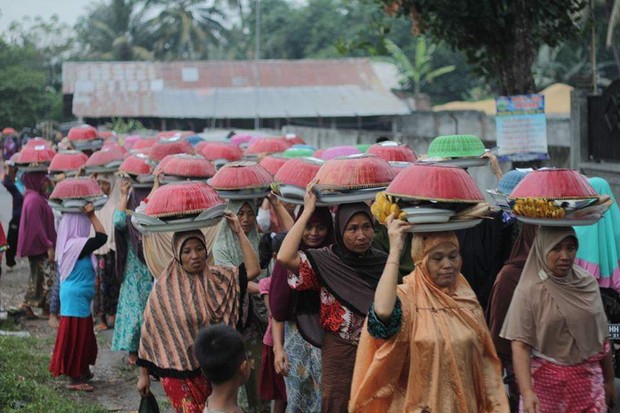
It’s a Tradition of Mutual Trust
The definition of ngejot is a tradition that is more than just sharing food. However, this tradition has a very deep meaning between the two believers, both Muslims and Hindus. The adherents of this religion of course have a sense of mutual trust and respect.
In this case, it can be seen from the food given by Hindus who deliberately give special chicken meat to their Muslim neighbors. On the other hand, neighbors who are Muslim also do not hesitate to eat dishes given by neighbors who are Hindus. Because both have mutual trust and respect to maintain religious tolerance.
By maintaining mutual tolerance, the existence of the ngejot tradition on the island of Bali is still very strong. Both among Hindus and Muslims. Even for those who still live in rural areas, this tradition is still sustainable.
The Purpose of Holding the Ngejot Tradition on the Island of Bali
By holding this tradition on the island of Bali, the actual objectives are as follows.
- As a Symbol of Brotherhood and Familiarity Between Religious People
The first purpose of this tradition is as a symbol of brotherhood and also intimacy between religious communities. In this case, it is Muslims and also Hindus so that they can live in harmony according to their respective beliefs in the Land of the Gods.
- To Protect and Respect One Another’s Beliefs
The second goal is that religious adherents can take care of each other and respect each other in carrying out their respective worship. According to his belief. Because this belief issue is a very principle thing.
- As an Expression of Gratitude
Thus the existence of this ngejot tradition is more of an expression of gratitude. About harmonious relations between fellow believers and with adherents of other religions.
Here’s how to carry out the ngejot tradition on the island of Bali
The implementation of this tradition is actually an embodiment of gratitude which is usually done by the Balinese people. Both Hindus and Muslims in welcoming the holidays of each religion. Hindus who carry out this tradition will distribute food and drinks to neighbors around their homes.
Both for neighbors who are Hindus and neighbors who follow Islam. Likewise, Muslims will carry out the ngejot tradition by distributing food to neighbors who are around where they live, both neighbors who are Muslim and Hindu.
Types of Food Shared When Tradition is Ngejot
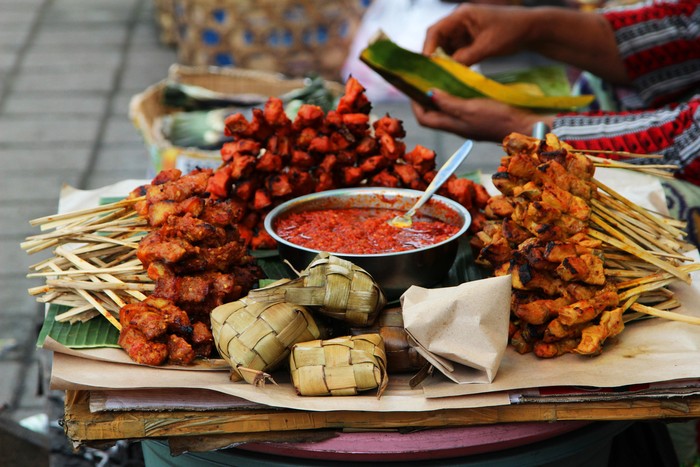
Each religious adherent, both Hindus and Muslims, will distribute food, of course, in accordance with the guidance of their beliefs. So what types of food are usually shared? Here’s the review.
Usually Muslims will distribute types of food to their Hindu neighbors during the implementation of this tradition, namely Eid specialties. Like ketupat and chicken opor. Meanwhile, Hindus themselves distribute food to their religious neighbors, which is a type of Balinese food. Like the meat, which is specifically chicken meat, in the form of urap, lawar and others.
Lawar is a type of Balinese cuisine. Usually this type of food is made from a mixture of minced beef or pork with vegetables. Which is added with a special concoction of spices and also additional coconut milk.
When Is This Tradition Implemented?
Usually Hindus and Muslims will carry out this tradition when celebrating their respective holidays. Hindus usually carry out this tradition on Nyepi, Galungan and Kuningan holidays.
As for Muslims themselves, this tradition will be carried out at the time of Eid al-Fitr. Usually this tradition is carried out the day before Muslims celebrate Eid al-Fitr.
Thus brief information about the ngejot tradition which is usually carried out by people on the island of Bali. Especially people on the island of Bali who embrace Islam and Hinduism. Hopefully it can be useful and can increase your knowledge about the various religious traditions that exist on the island of Bali, yes!


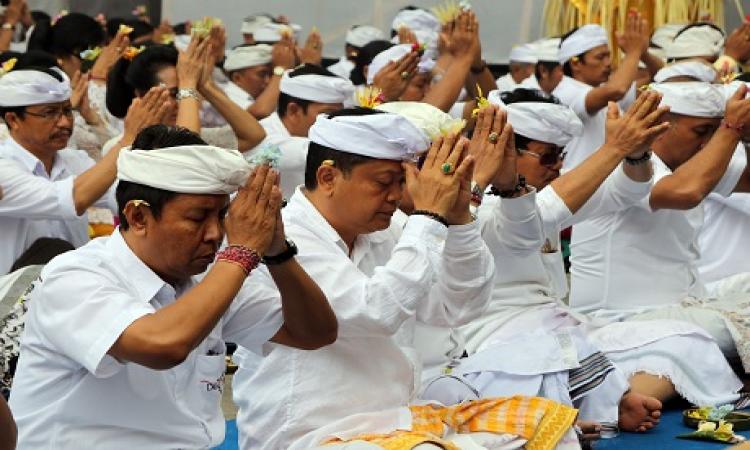
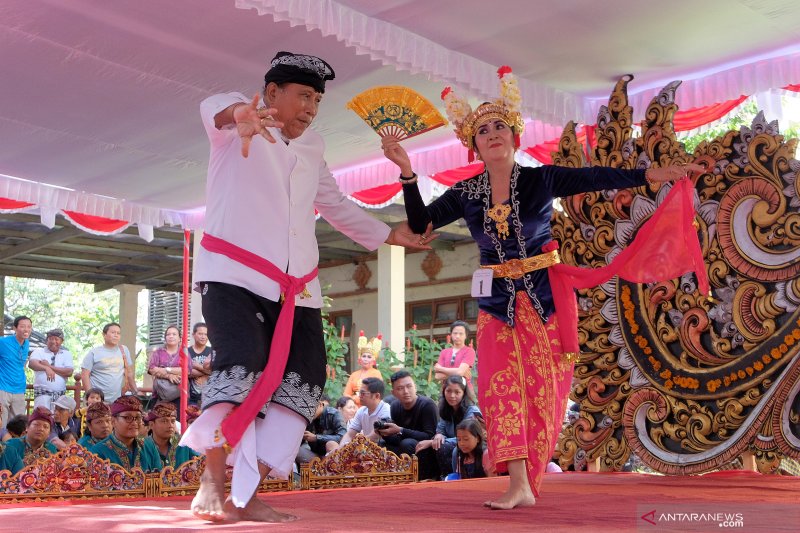



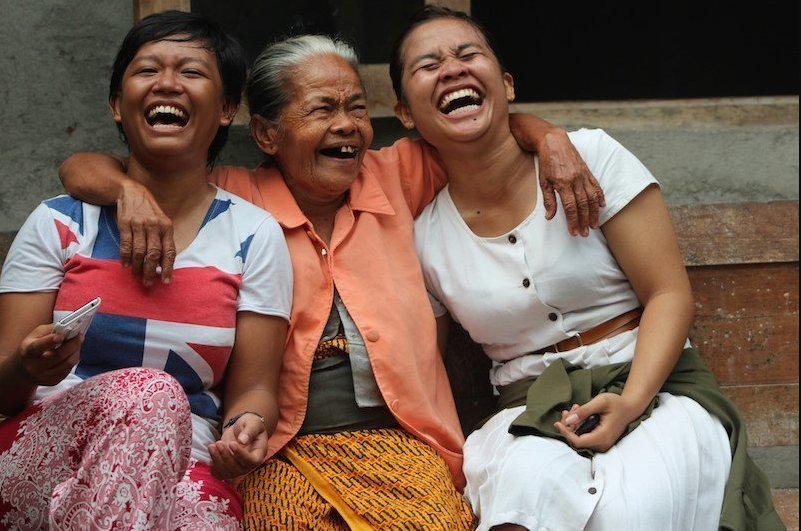
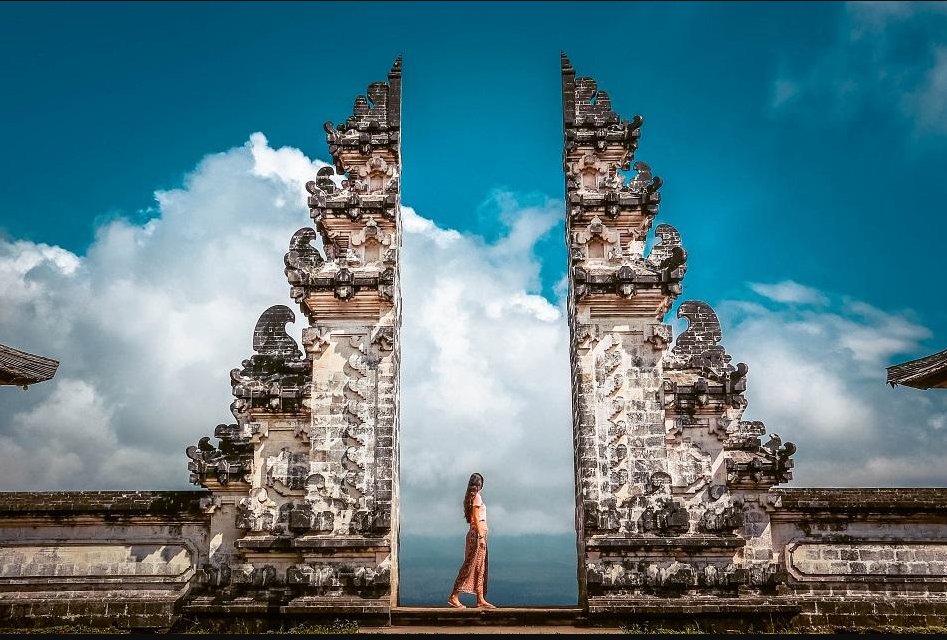
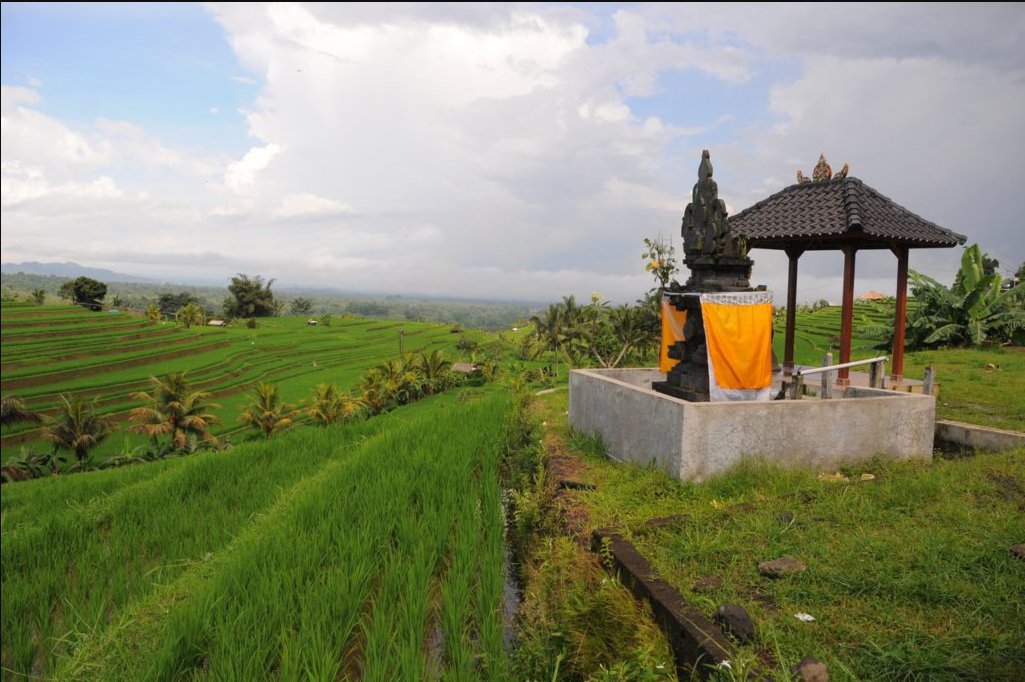



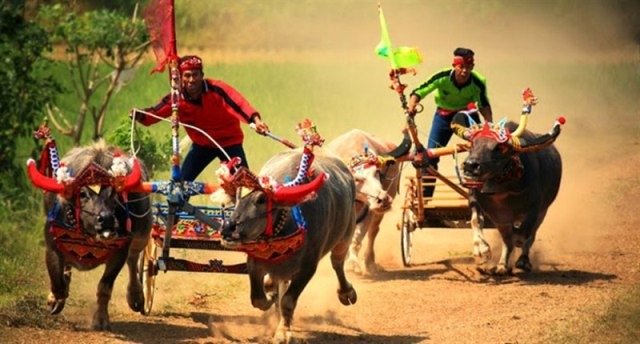
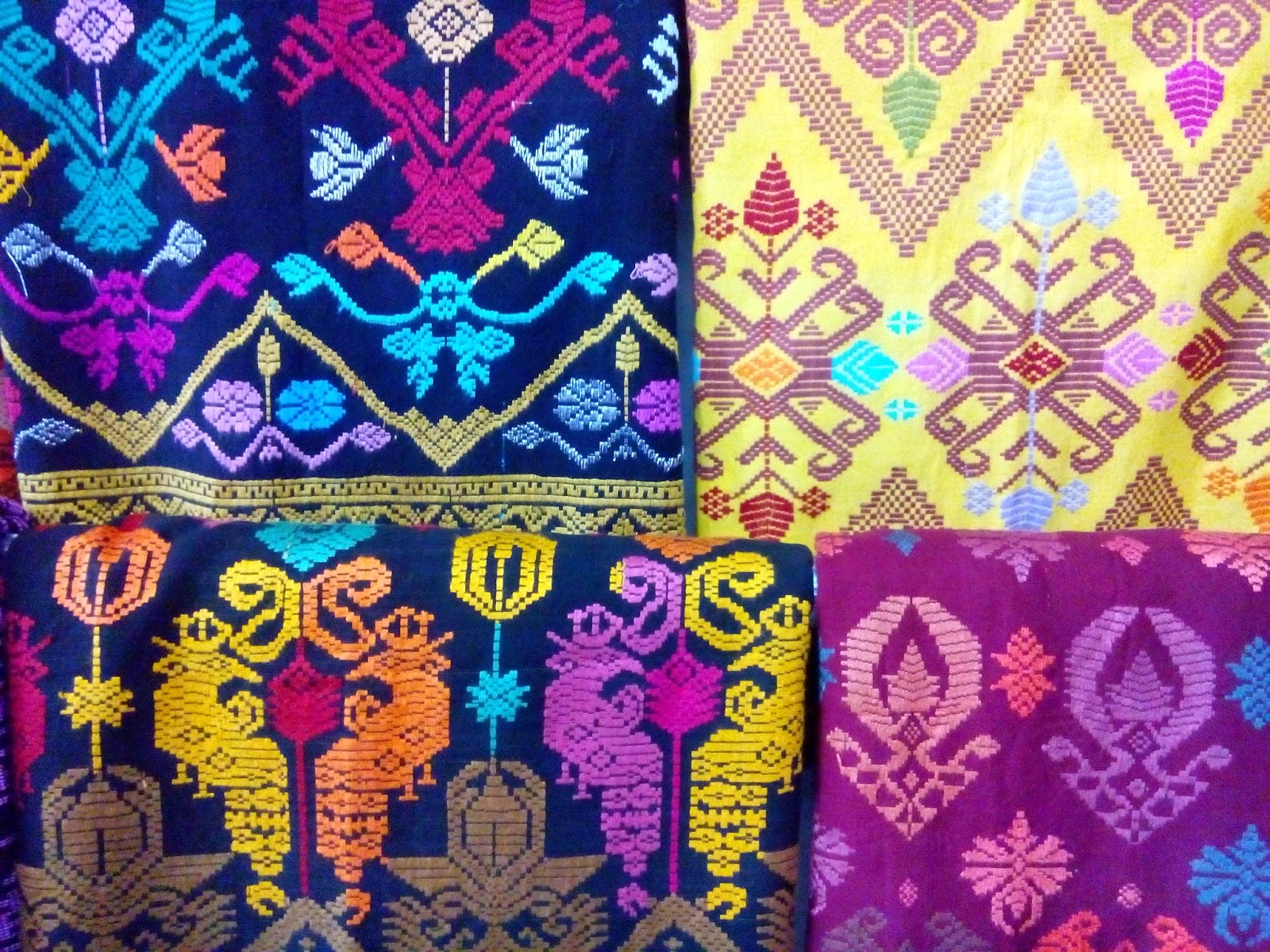

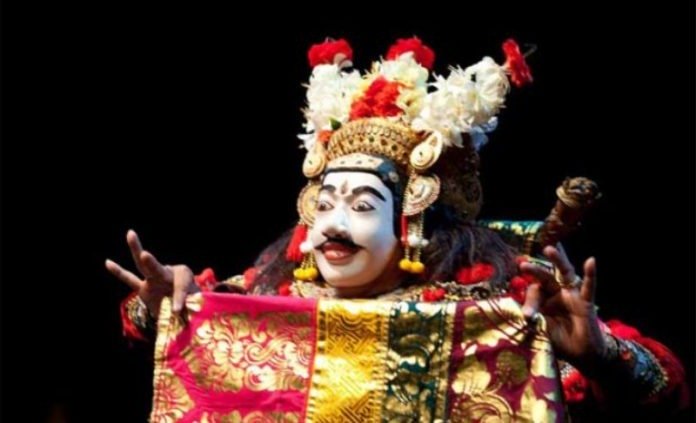
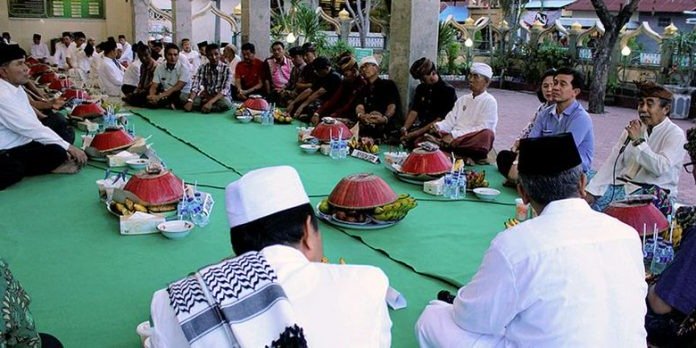
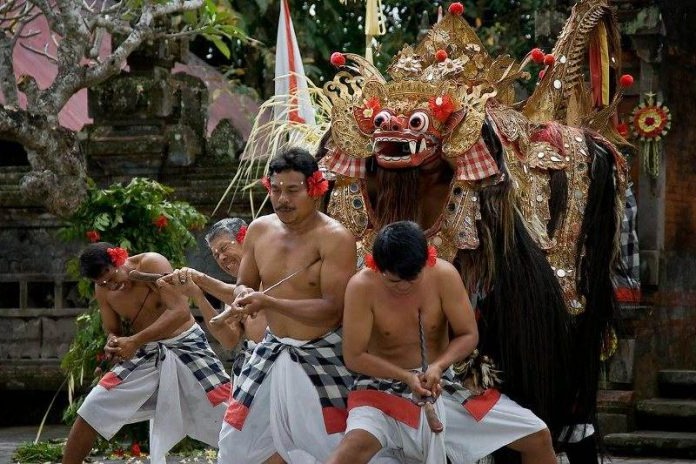
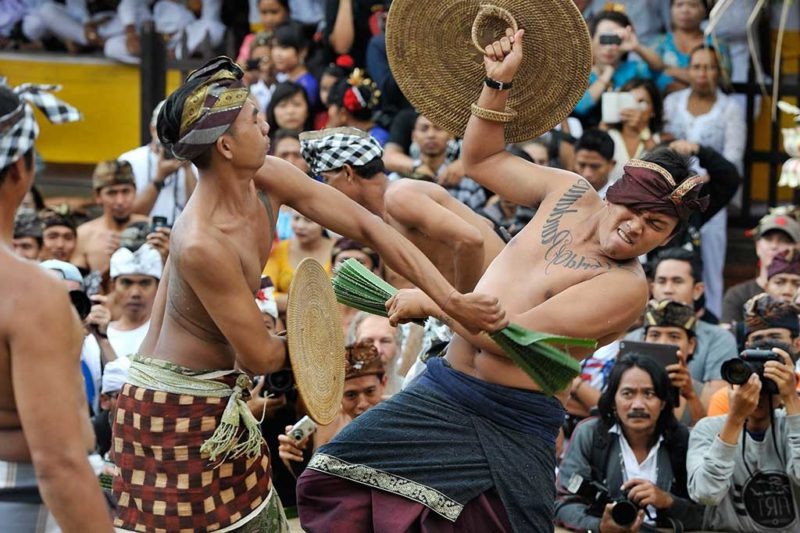

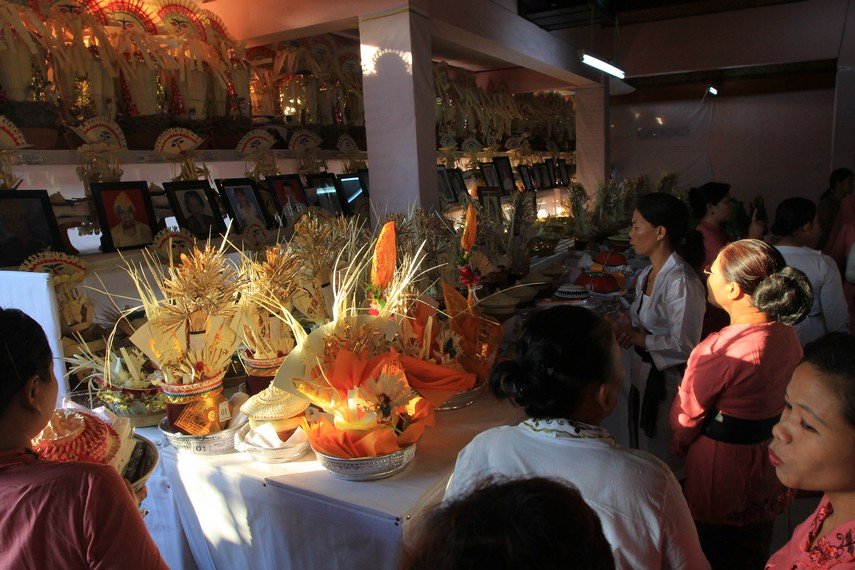
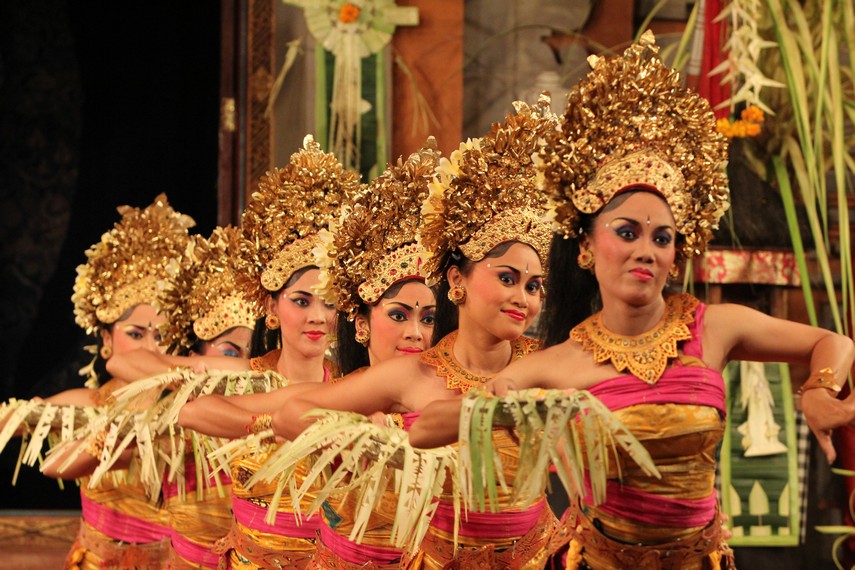

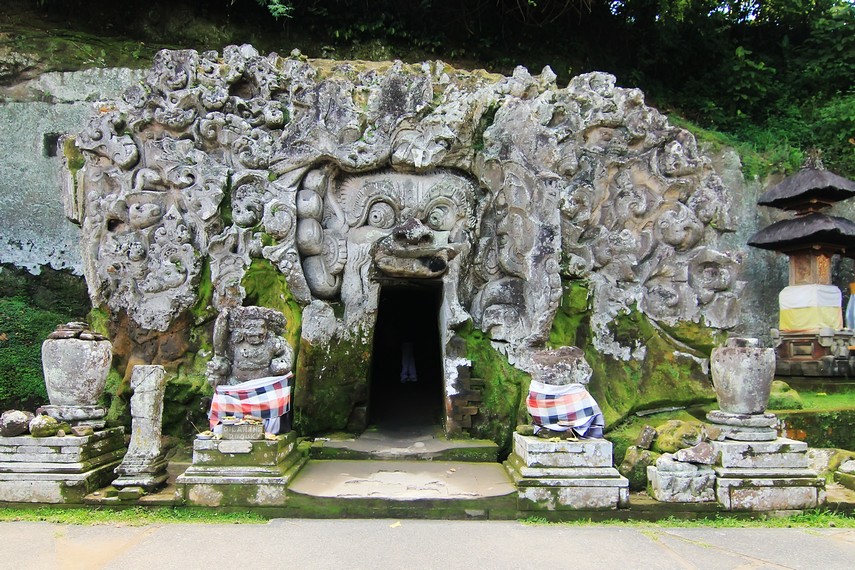

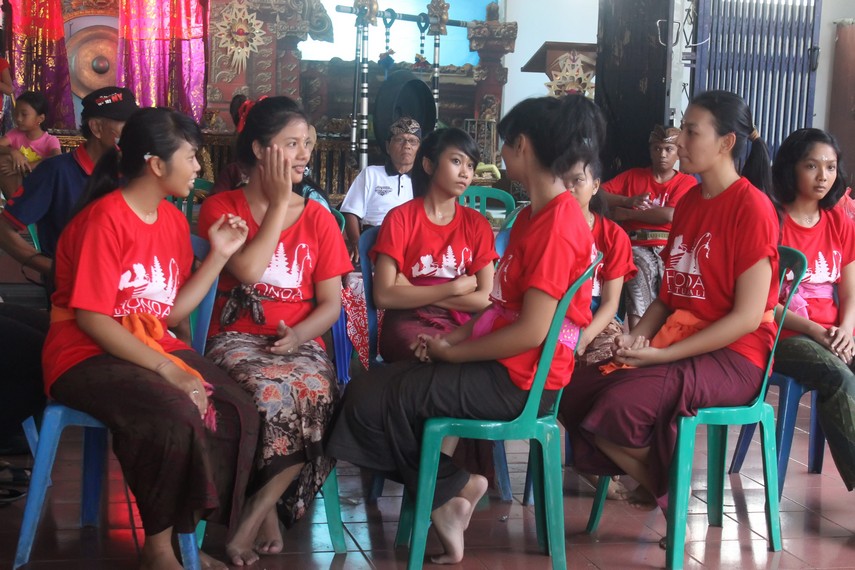


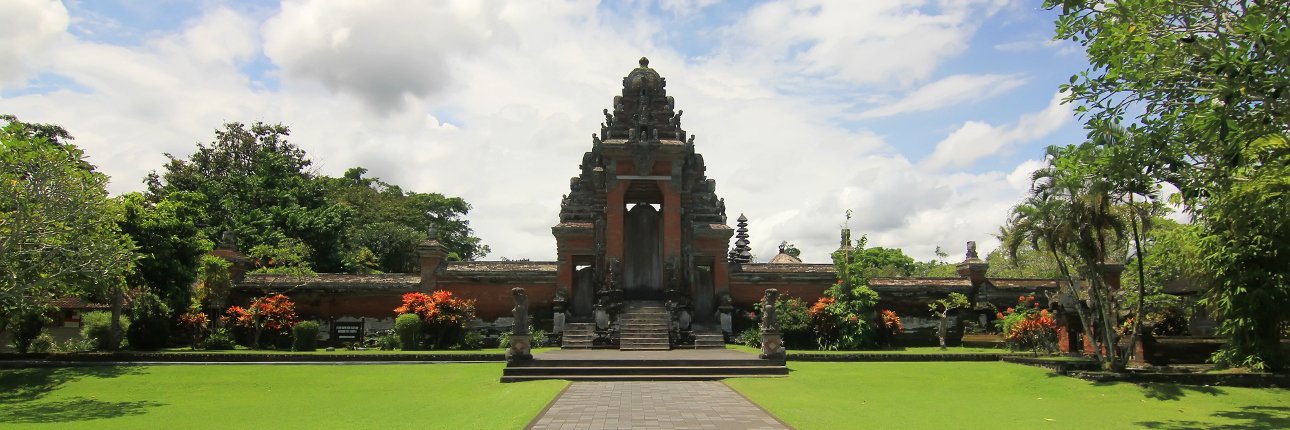

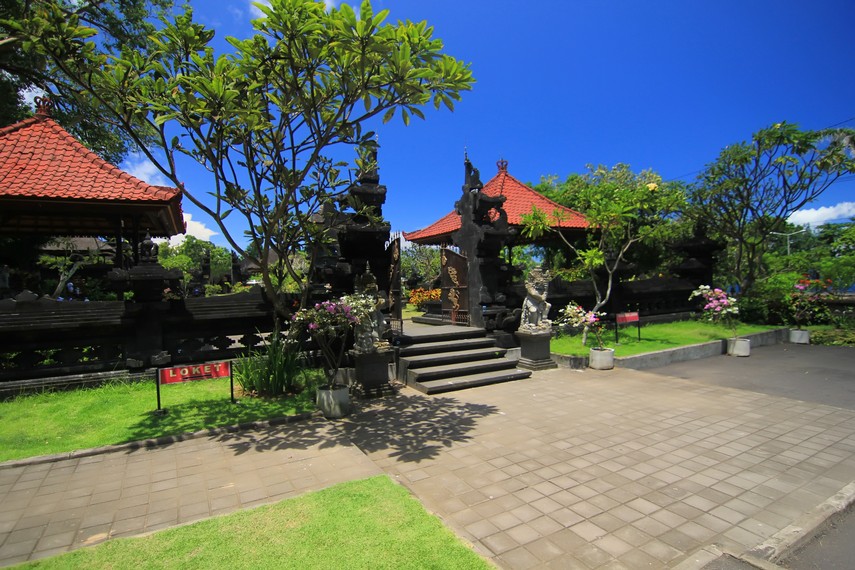

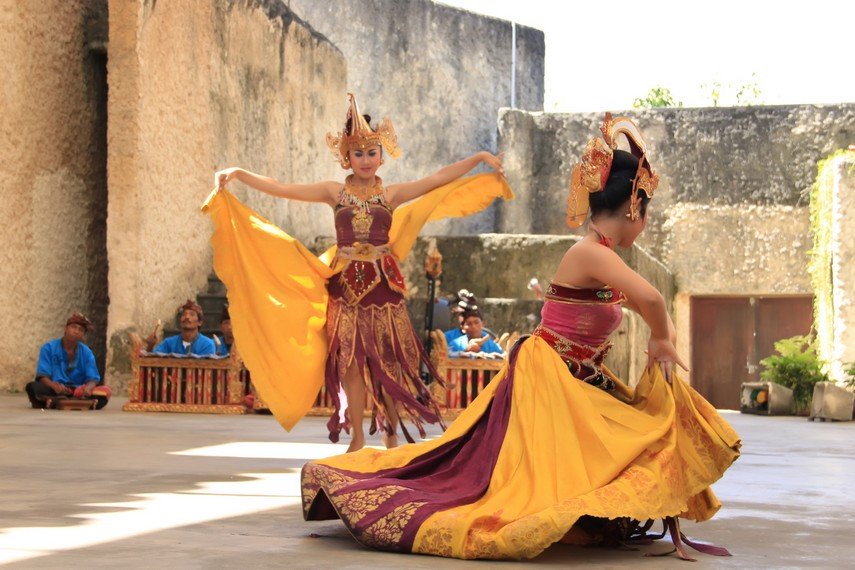
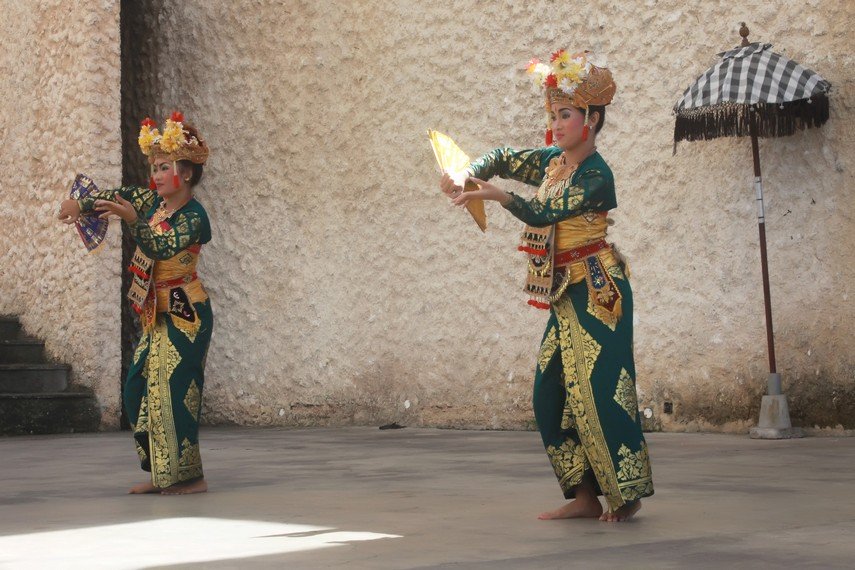
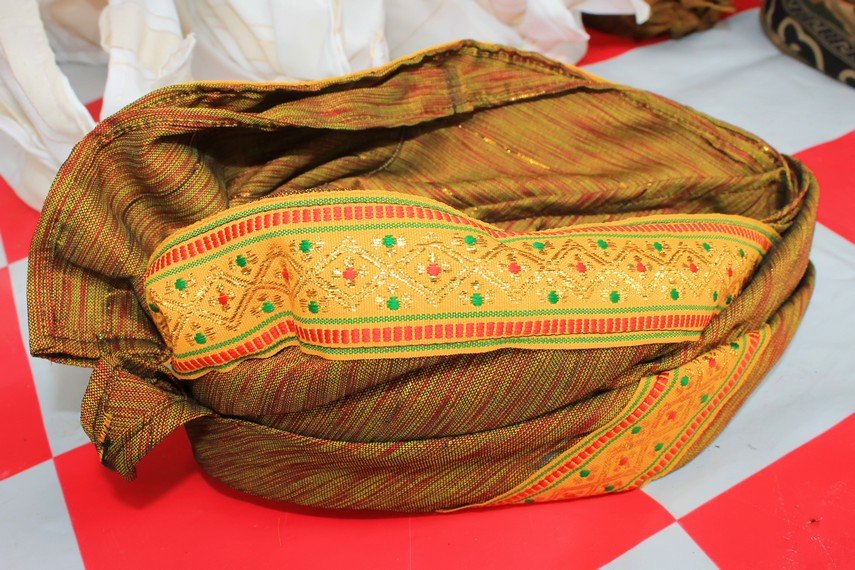
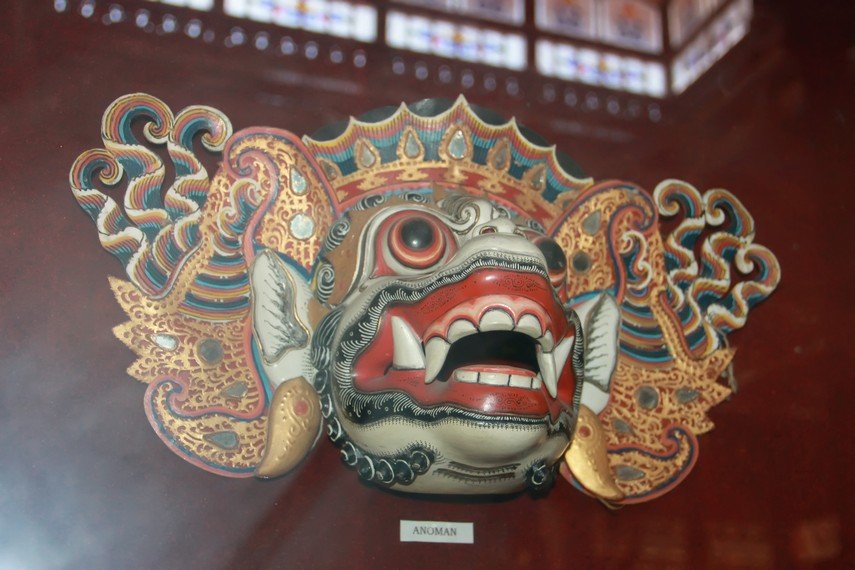
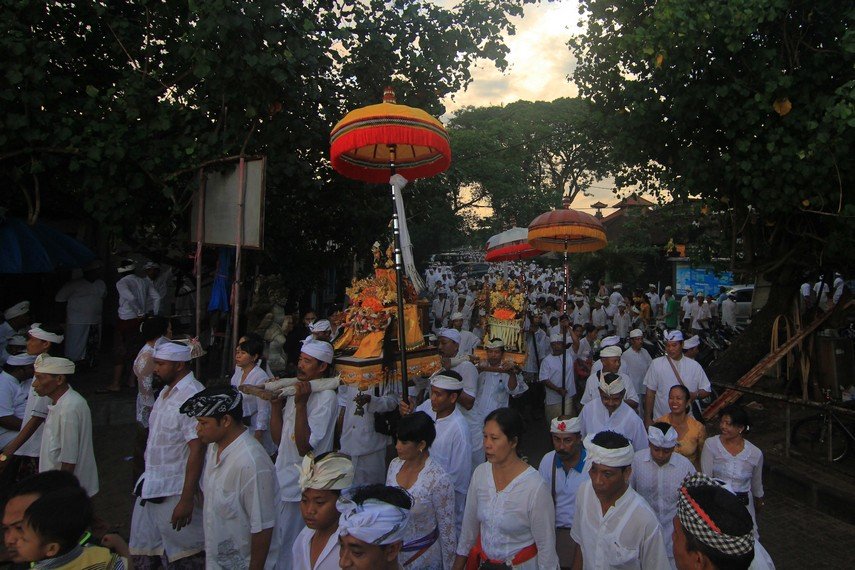


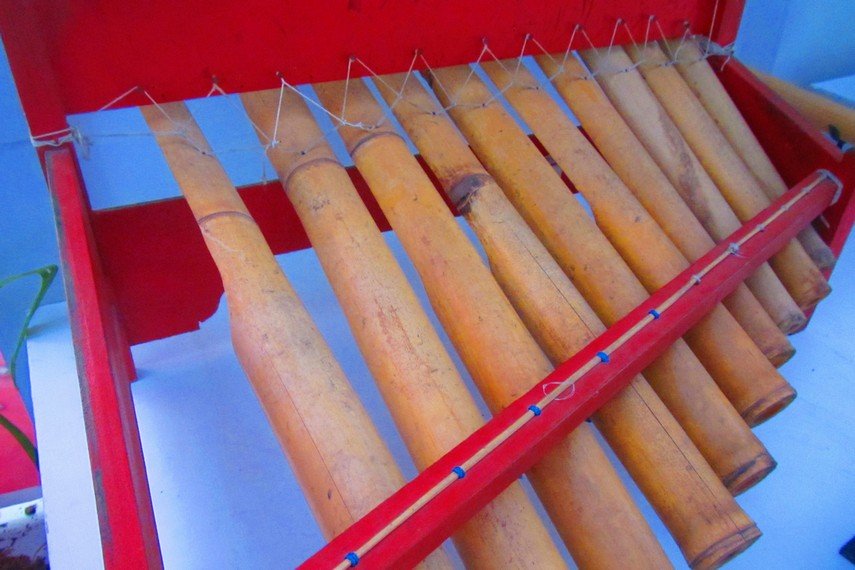

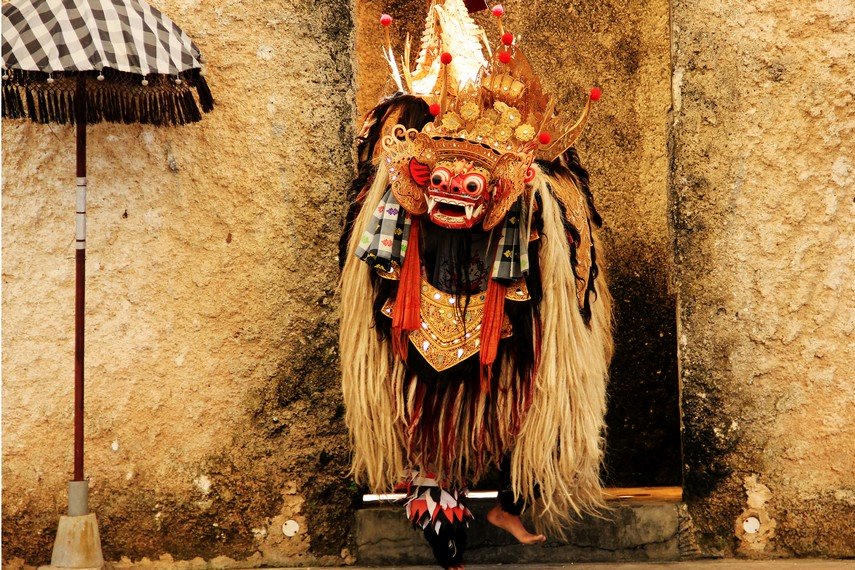

0